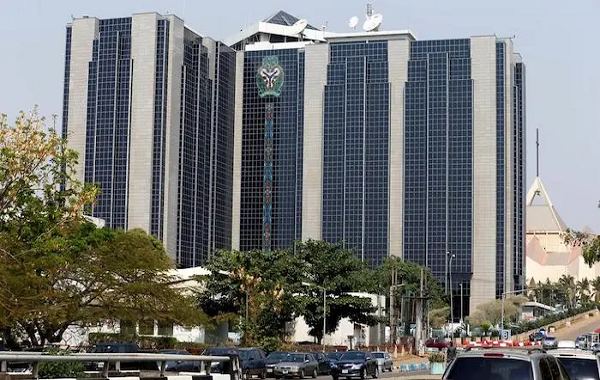The Central Bank of Nigeria (CBN), has said the Nigerian instant payment system is among the most developed in the world.
CBN’s Director of Payments System Policy, Musa Jimoh, said this during the FintechNGR Quarter Two Regulators’ Forum Webinar, yesterday.
The webinar was themed, “Beyond Compliance: Unlocking Innovation with Nigeria’s Open Banking Framework”.
According to Jimoh, the country’s payment landscape, has undergone significant transformation, driven by fintech innovation, regulatory reforms, and evolving consumer preferences.
He highlighted the benefits of open banking to include innovation, enhanced customer experience, healthy competition, and financial inclusion.
Jimoh said Nigeria’s instant payment system is a testament to the country’s innovative spirit and commitment to financial inclusion.
“Our payments happen within seconds, and that’s a very big one for Nigeria as a country.
“The CBN has released regulations and guidelines on open banking and established a regulatory sandbox to support innovation,” Jimoh said.
Read Also: National Assembly will resolve Rivers political crisis – Akpabio
He underscored the importance of collaboration, education, and sensitisation to ensure successful implementation of open banking in Nigeria.
“The journey of payment system development in Nigeria has been long. It started about 2006 when the CBN inaugurated its first payment system vision.
“The objective was to prepare a roadmap for the development of the payment system in Nigeria.
“In 2010, a major development happened when the CBN gave a directive that all cards in Nigeria should migrate from maxed out to cheaper PIN.
“This was a major turning point for Nigeria to begin to issue EMV payment cards,” he said.
He explained that the commitment led to various initiatives, including the Know Your Customer (KYC) regulations, mobile banking and mobile money operations, agent banking, and cashless policy.
“Today, Nigeria has over 160 different licenses granted to institutions for financial and payment services.
“There has also been significant infrastructure upgrade, with banks and switching companies expanding their infrastructure to accommodate the growing volume of transactions,” Jimoh said.
He noted that the CBN had also issued regulations around biometric verification of customers, leading to the introduction of the Bank Verification Number (BVN).
Jimoh said that banks were sitting on huge data that could be used to create innovative financial products and services.
He, however, said that the challenge had been the fragmented nature of the data, with different institutions capturing different sets of data.
“The CBN believes that open banking can help address this challenge by allowing developers to access bank data and create innovative financial products and services.
“The data must be permissioned, and the customer must give consent before it can be used,” he said.
Jimoh noted that open banking could also help create a healthy competition among financial service providers, driving creativity and reducing costs.
However, Jimoh, noted that there were challenges to implementing open banking, including the standardisation of application programming interface (APIs) and ensuring cybersecurity.
He explained that the CBN had established workstreams to solve the challenges and ensure successful implementation of open banking in Nigeria.
“The CBN aims to create an environment where openness, inclusiveness, and innovation drive national economic resilience and prosperity.
“With a robust regulatory framework, standardised API, and collaboration among stakeholders, open banking could transform Nigeria’s financial landscape.”
Jimoh restated CBN’s commitment to work with stakeholders to deepen innovation and financial inclusion in the country. )
